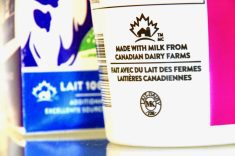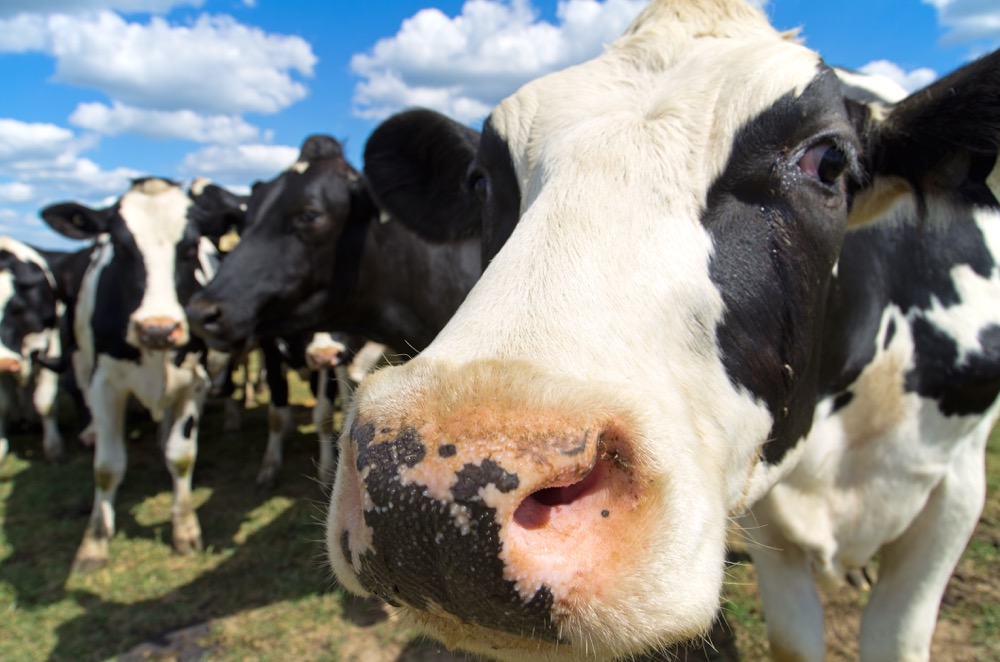Bill C-282 sits in the Canadian Senate and stands on the precipice of becoming law in a matter of weeks.
Essentially, this bill seeks to bestow immunity upon supply management from any potential future trade negotiations, without offering increased market access to potential trade partners.
In simpler terms, it risks holding all other economic sectors hostage solely to safeguard the interests of a small, privileged group of farmers. This is far from an optimal scenario, and the implications of this bill are bad news for Canadians.
Read Also

Deep cuts to ag research jeopardize Canada’s farming future
The huge cuts to ag research at Agriculture Canada are being widely panned by farm organizations, but there seems to be little hope of the government reversing its decision.
Supply management, which governs poultry, egg and dairy production in Canada, has traditionally enabled us to fulfil our domestic needs. Under this system, farmers are allocated government-sanctioned quotas to produce food for the nation, while high tariffs are imposed on imports of items such as chicken, butter, yogurt, cheese, milk and eggs.
This model has been in place for more than five decades, ostensibly to shield family farms from economic volatility.
Despite the implementation of supply management, Canada has witnessed a comparable decline in the number of farms as the United States, where a national supply management scheme does not exist. Supply management has failed to preserve much of anything beyond enriching select agricultural sectors.
For instance, dairy farmers now possess quotas valued at over $25 billion, while concurrently burdening dairy processors with the highest-priced industrial milk in the western world. Recent data indicates a significant surge in prices at the grocery store, with yogurt prices alone soaring by over 30 per cent since December 2023. This escalation is increasingly straining the budgets of many consumers.
It’s evident to those knowledgeable about the situation that the emergence of Bill C-282 is no surprise. Proponents of supply management exert considerable influence over politicians across party lines, compelling them to support this bill to safeguard the interests of less than one per cent of our economy, much to the ignorance of most Canadians.
In the last federal budget, the dairy industry alone received over $300 million in research funds, which arguably exceed its actual needs.
While Canada’s agricultural sector accounts for approximately seven per cent of our GDP, supply-managed industries represent a small fraction of that figure. Supply-managed farms represent about five per cent of all farms in Canada.
Forging trade agreements with key partners such as India, China and the United Kingdom is imperative not only for sectors like automotive, pharmaceuticals and biotechnology, but for the vast majority of farms in livestock and grains to thrive and contribute to global welfare and prosperity.
It is essential to recognize that Canada has much more to offer than merely self-sufficiency in food production.
Over time, the marketing boards overseeing quotas for farmers have amassed significant power and have proven themselves politically aggressive. They vehemently oppose any challenges to the existing system, targeting politicians, academics and groups advocating for reform or abolition.
Despite occasional resistance from MPs and Senators, no major political party has dared to question the disproportionate protection afforded to one sector over others. Strengthening our supply-managed sectors necessitates embracing competition, which can only serve to enhance their resilience and competitiveness.
A recent example of the consequences of protectionism is the United Kingdom’s decision to walk away from trade negotiations with Canada due to disagreements over access to our dairy market. Not only do many Canadians appreciate the quality of British cheese, but increased competition in the dairy section would also drive prices down, a welcome relief given current economic challenges.
In the past decade, Canada has ratified trade agreements such as CUSMA, CETA and CPTPP, all of which entailed breaches in our supply management regime. Despite initial concerns from farmers, particularly regarding the impact on poultry, eggs and dairy, these sectors fared well. A dairy farm in Ontario recently sold for a staggering $21.5 million in Oxford County.
Claims of losses resulting from increased market access are often unfounded, as farmer boards simply adjust quotas when producers exit the industry.
In essence, Bill C-282 represents a misguided initiative driven by farmer boards capitalizing on the ignorance of urban residents and politicians regarding rural realities.
Embracing further protectionism will harm consumers who yearn for more competition at the grocery store. It will also impede the growth opportunities of various agricultural sectors striving to compete globally and stifle the expansion prospects of non-agricultural sectors that seek greater market access.















